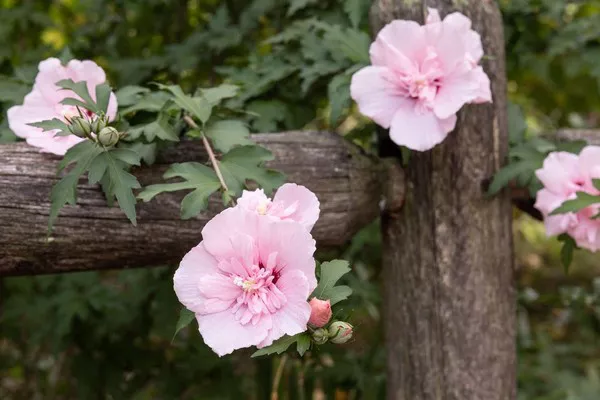Flowers have long been revered for their symbolism and ability to convey profound emotions. Among these blooms, the tulip holds a prominent place, captivating the hearts of people across cultures and history. In this article, we delve into the symbolic significance of tulip flowers and explore from their cultural interpretations to their role in art, literature, and horticulture.
The Origins of Tulips
The origin of tulips can be traced back to the Ottoman Empire, where they were first cultivated and embraced for their vibrant colors and unique shape. Later, tulips made their way to Europe, gaining popularity during the Dutch Golden Age, and becoming a symbol of prosperity and luxury.
1. Love and Romance
In the language of flowers, tulips are often associated with love and romance. Different colored tulips convey various emotions. Red tulips symbolize deep love and passion, while pink tulips represent affection and caring. The elegance of white tulips is associated with purity and forgiveness, making them a popular choice for weddings.
Symbol of Perfect Love
Tulips also symbolize perfect love, and their velvety petals embody the essence of a deep emotional connection between individuals. In literature and poetry, tulips have been used to portray eternal love and loyalty, making them an ideal gift for expressing profound affection.
2. Cultural Interpretations
Tulips hold diverse meanings in different cultures. In Turkish culture, they symbolize abundance and indulgence, while in Persian poetry, they are a metaphor for beauty and divine love. Furthermore, tulips are closely associated with the Netherlands, symbolizing national pride and unity.
3. Spiritual Symbolism
Beyond their romantic connotations, tulips possess spiritual symbolism. In the language of spirituality, tulips represent renewal and spiritual enlightenment. The process of a tulip bulb emerging from the ground symbolizes the journey of the soul seeking enlightenment.
4. Tulips in Art and Literature
Throughout history, tulips have inspired artists and writers alike. From famous Dutch still-life paintings to poetic verses celebrating their beauty, tulips have left an indelible mark on artistic expression. They have been depicted as symbols of beauty, impermanence, and the fleeting nature of life.
5. Tulips in Gardens and Landscapes
Tulips play a crucial role in horticulture, with extensive cultivation for public and private gardens. Gardeners and landscape enthusiasts eagerly await the blooming season of tulips, adding splashes of color and vibrancy to parks and landscapes.
6. Tulips as a Gift
Tulips are a popular choice as gifts for various occasions. Whether celebrating a birthday, expressing gratitude, or sending get-well wishes, the wide array of colors and meanings make tulips a versatile and thoughtful present.
7. Tulips and Environmental Significance
Tulips contribute to the ecosystem as well. As perennial flowers, they attract pollinators such as bees and butterflies, aiding in the process of pollination and promoting biodiversity.
8. Tulip Festivals and Celebrations
In different parts of the world, tulip festivals are held to celebrate the beauty of these exquisite flowers. From the famous Keukenhof Gardens in the Netherlands to various festivals in the United States and Asia, these events attract tourists and enthusiasts from across the globe.
9. Preservation Efforts
As with many plants, certain tulip varieties are at risk of extinction due to factors such as habitat loss and climate change. Conservation efforts are underway to safeguard these delicate species and preserve their cultural and ecological significance.
Conclusion
Tulip flowers have transcended mere botanical beauty to become powerful symbols of love, romance, spirituality, and cultural heritage. Their allure has inspired artists, poets, and gardeners, leaving a lasting impact on various aspects of human life. As we continue to cherish and cultivate these magnificent blooms, let us also strive to safeguard their future, ensuring that the profound symbolism of tulip flowers endures for generations to come.


